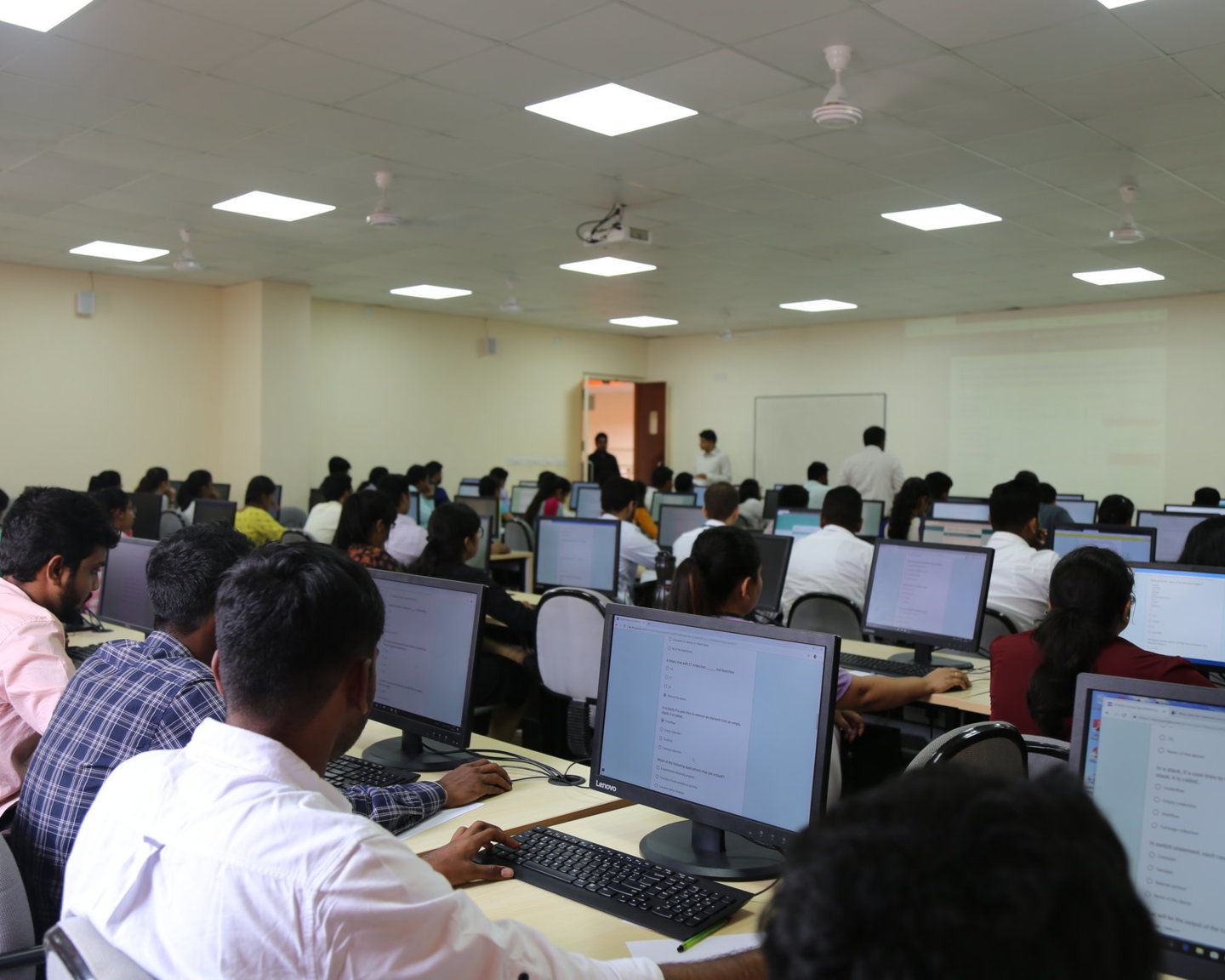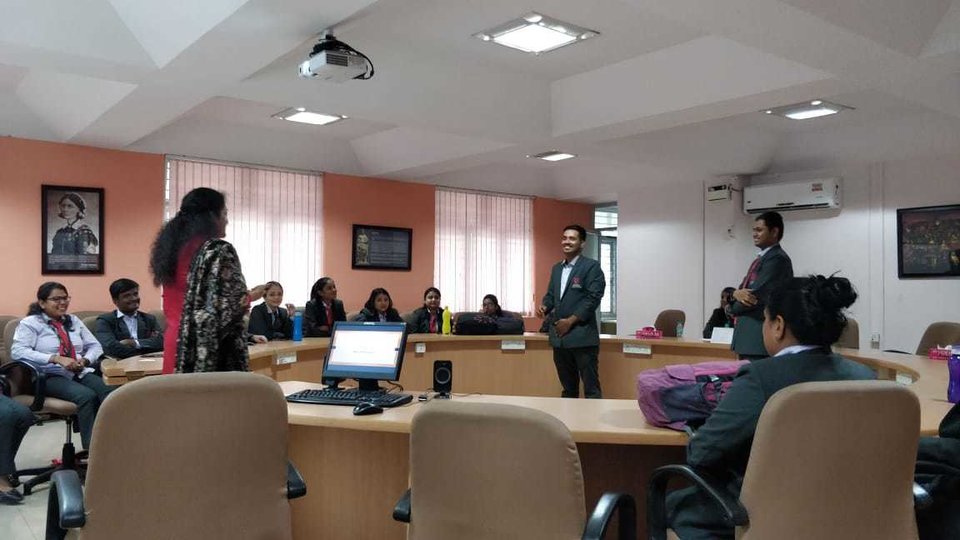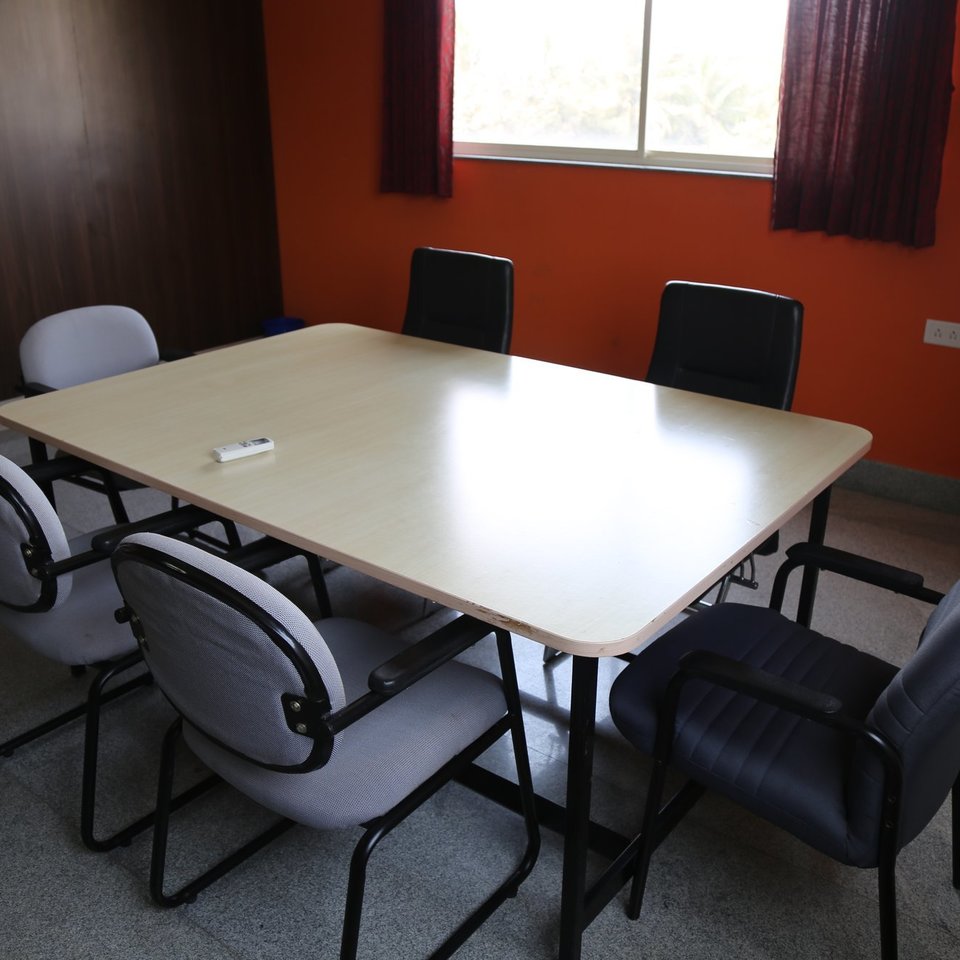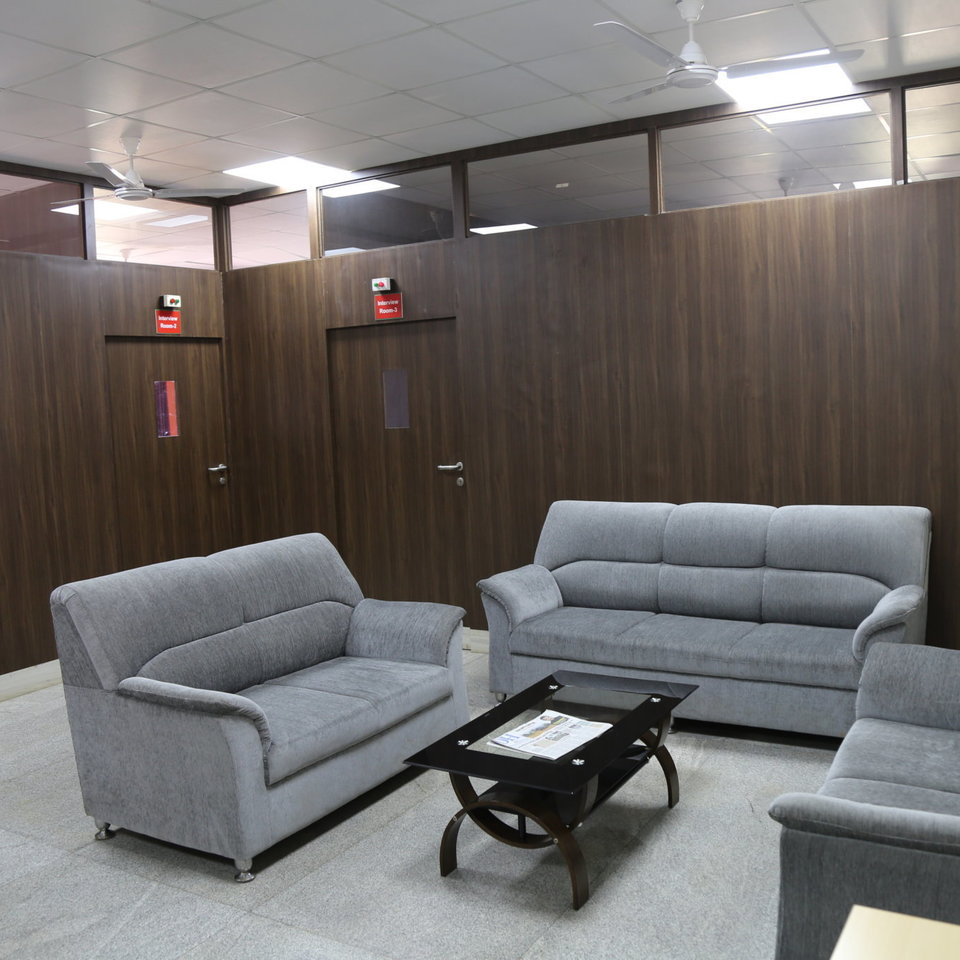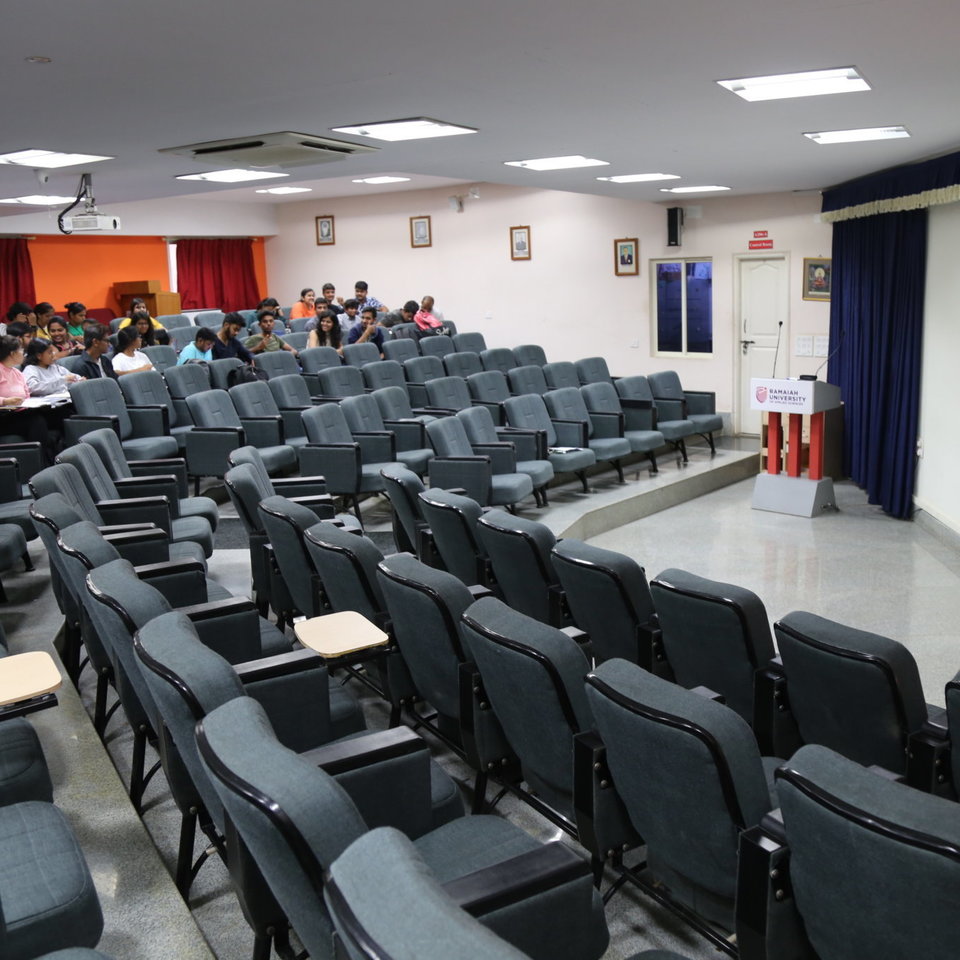For many students, the recruitment process can be an overwhelming experience. It signals the students’ entry into the real world and away from the protective environs of the University. Student Support initiatives by the Placement Cell seek to smoothen this transition.
Student Support initiatives range from programs and workshops to processes and procedures, all designed keeping student wellbeing in mind. These seek to prepare students not just for the recruitment process but for a successful career as well.
Pre-placement Trainings and Workshops
The various components of the Pre-Placement Training Programs include modules on Current Affairs, General Aptitude, Technical Aptitude, Presentation Skills, Group Discussion Skills, Debate Skills, Interviews Skills & Mock Interviews, Workshops, etc.
Internship:
DSA encourages students to seek internship on their own as it is a learning experience for them to get final placement. DSA also shares information on internship opportunities as and when it gets the requirement from companies. Bonafide certificate is issued by the Directorate to the student to undertake internship.
Final placement:
DSA arranges for campus placement drives during the student’s final year program. It also provides information on pool campus drives and links to apply directly to the company when vacancies are announced. Campus placements area facility extended to the students & not a right. Neither, registration does not guarantee a job nor will Directorate of Student Affairs be held responsible for not providing the job.
Recruitment Process
Efforts have been made to streamline the Recruitment Process to ensure efficiency and a frictionless experience for companies and students alike.
Facilities
The well-equipped facilities at the Placement Cell are designed to cater to the needs of recruiters and include seminar halls, interview rooms, and a lounge.
Student Placement Coordinators
Student Placement Coordinators act as a bridge between their peers and the Placement Cell and faculty members. They convey the needs and concerns of students and represent their interests.

